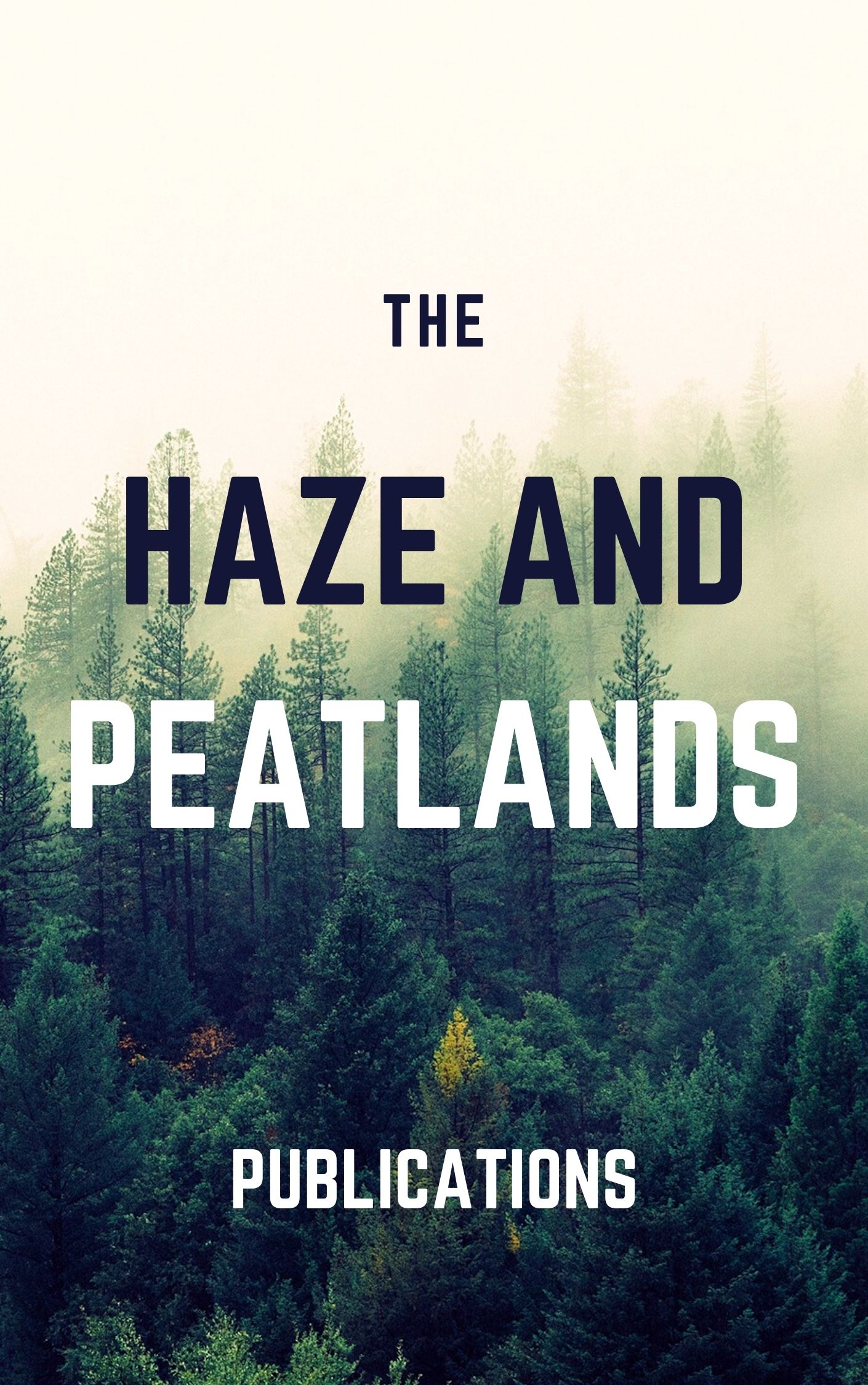Lowland tropical rainforests provide an abundance of biodiversity as well as dynamic and stable ecosystems. These forests include tropical peat forests in various locations and forest types that have vegetation structure and composition characteristics, and carbon stocks that still need to be explored more deeply. Research on the structure and the composition of the vegetation and carbon stock in the old secondary peat forest was carried out in the protected areas of Bukit Batu, Riau Province, and Muara Merang, South Sumatra Province. Based on a 1-hectare permanent plot established in Bukit Batu and Muara Merang, 25 subplots of 20 m by 20 m were established in each location for measurement purposes. The results showed that Bukit Batu and Muara Merang had 42 and 36 species belonging to 26 and 20 families, respectively. Bukit Batu had a species diversity index (H') of 2.93, and the dominant tree species were Palaquium xanthochymum with an importance value index (IVI) = 66.27%, Eugenia sp. (IVI = 32.76%), and Litsea sp. (IVI = 18.39%). The Muara Merang location had a species diversity index (H') of 2.82, and the dominant tree species were Eugenia sp. (IVI = 60.88%), Alseodaphne insignis (IVI = 26.34%), and Adenanthera pavonina (IVI = 22.11%). In Bukit Batu, forest stands with a diameter of >= 10 cm contained a biomass of 178.10 tonnes/ha and carbon stock of 83.70 tonnes C/ha, which is equal to 307.20 tonnes CO2/ha. Meanwhile, in Muara Merang, it was 190.41 tonnes/ha and 89.49 tonnes C/ha, which is equal to 328.44 tonnes CO2/ha. This research, especially that in Bukit Batu, Riau Province, enriches the data and information available to date and is very useful in supporting restoration practices in Riau Province's Giam Siak Kecil Biosphere Reserve, which was designated by UNESCO as part of the Man and Biosphere Program.
View source

